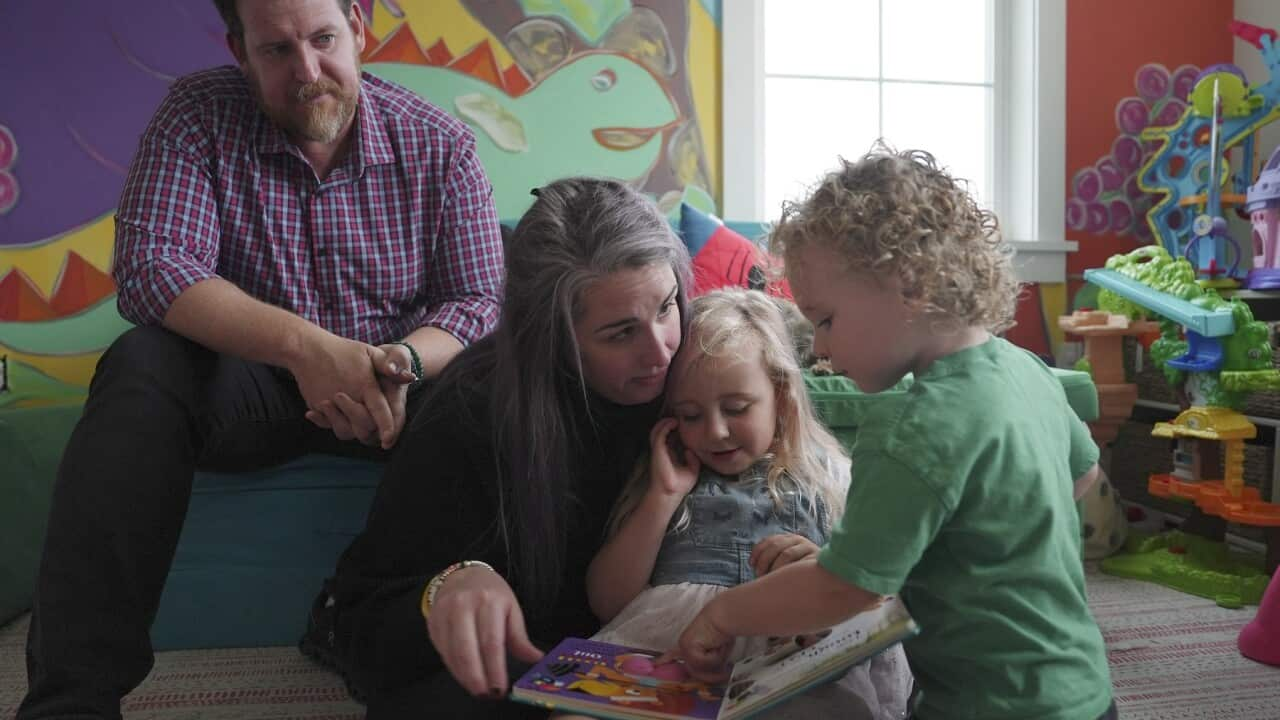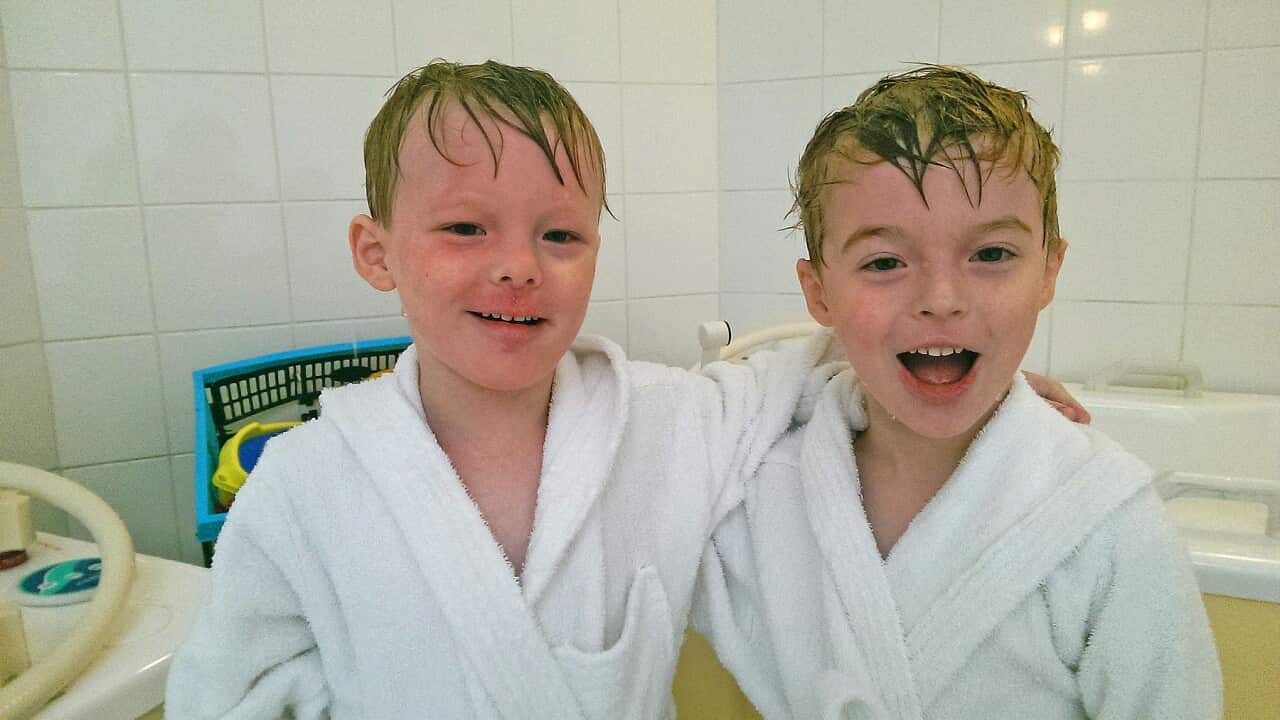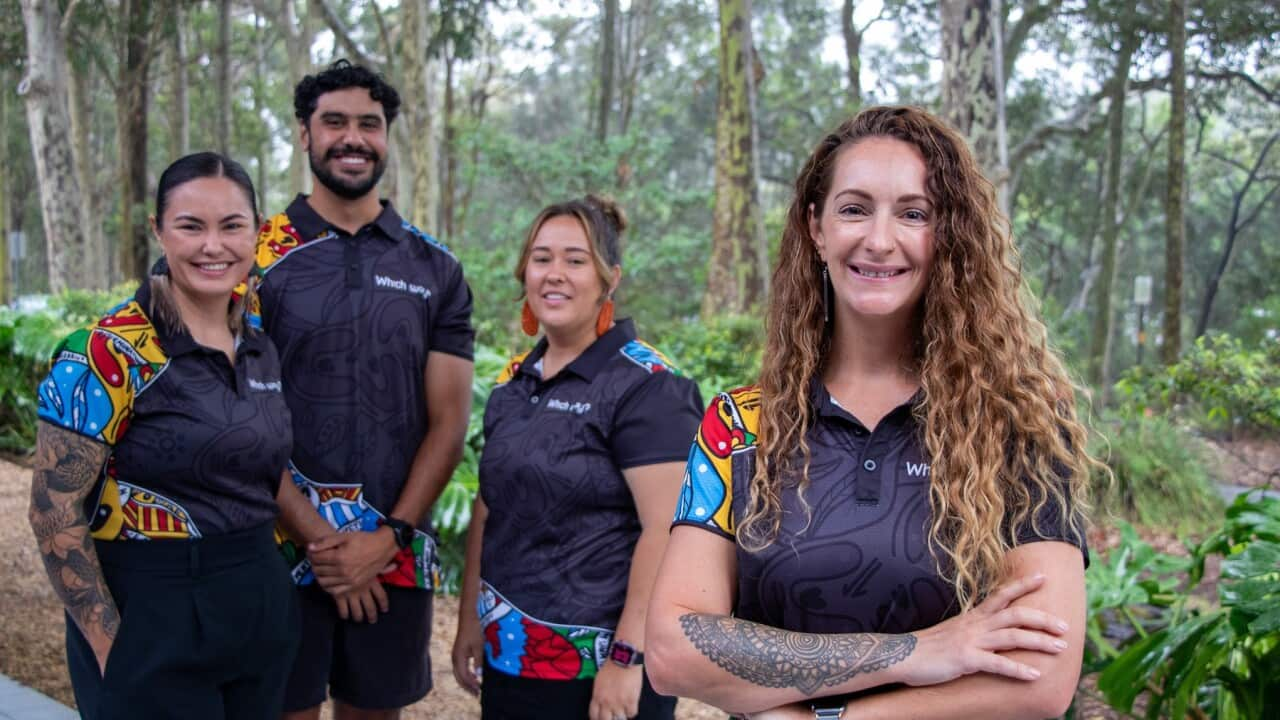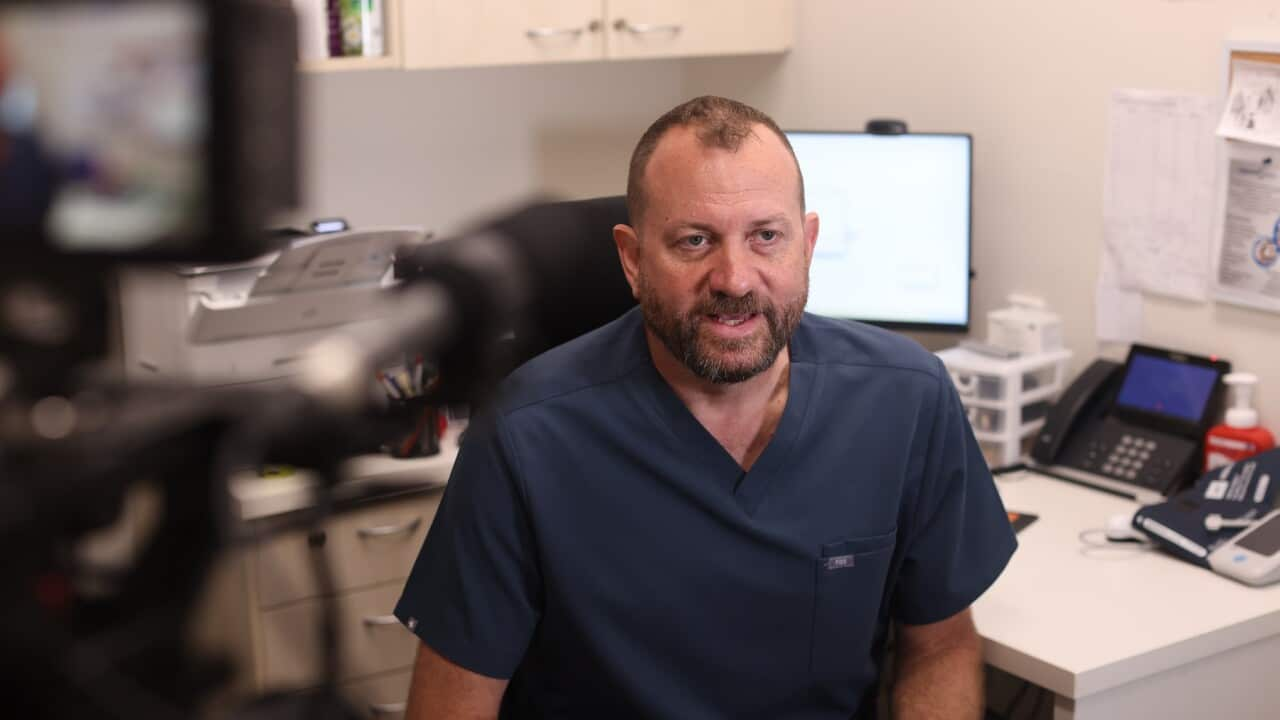TRANSCRIPT:
The last bedtime of 17-month-old Hayden Fell’s life was heartbreakingly normal.
Crib video shows the toddler in pyjamas playing happily as his parents and sister sang “Wheels on the Bus” with his twin brother.
The next morning, Hayden’s dad couldn’t wake him.
The tot had become one of several hundred seemingly healthy U-S toddlers and pre-schoolers each year who suddenly die in their sleep.
Hayden’s crib cam was recording all night - and the footage offered a clue.
He had suffered a seizure.
Dr Orrin Devinsky, an NYU neurologist, says little is known about Sudden Unexplained Child Death.
"SIDS is extraordinarily well known. SUDC or sudden unexplained death in childhood, which is the continuation just after age one is rarely discussed and little known."
Researchers at New York University's Langone Health have now analysed the footage of the night Hayden died, along with similar footage from the deaths of six other infants and children.
They've published their findings in the journal, Neurology.
Dr Devinsky is the study’s senior author.
"It's a little bit like you're a detective trying to solve a crime and now you've got a video of the perpetrator, potentially."
The neurologist says they found that seizures during sleep are a potential cause of at least some cases.
"A febrile seizure is a seizure event, which can be a major convulsion or they can be more minor. But they are limited to an illness, typically with fever and in children, the tendency should be outgrown and they're benign. There's no long-term consequences of having these seizures. And that's true for the vast majority of cases, but unfortunately, it's not true for all of them."
The recordings can’t prove fevers triggered the seizures, but researchers noted several toddlers had signs of mild infections.
One of the researchers at NYU, Laura Gould, lost her 15 month old daughter Maria to S-U-D-C in 1997.
The toddler woke up one night with a fever and was her usual happy self the next morning, but died during a nap.
Ms Gould says the new study is small, but offers the first direct evidence of a seizure link in cases of sudden child deaths.
"The majority - the vast, vast majority of children with febrile seizures do very, very well. But we do have science that shows that sometimes there has been an association with sudden death. We want to explain these deaths so that we can share this information with clinicians and then we can identify those children at risk in advance to stop these outcomes from happening."
Ms Gould says now researchers will have to determine if it’s possible to tease out differences between those very rare children who die and the masses who are fine after an occasional seizure.
"Seizures are the smoking gun, but we've always been trying to attack SUDC from many different angles. I think the increase in the use of these videos, I'm sure there's more out there that we don't know about. We would like to receive more of them. So our sample size of this and our findings can be further validated with a larger sample size, that would be very important."
Cases of sudden unexplained child death have sometimes made headlines in Australia.
The most prominent of those is Kathleen Folbigg, who spent more 20 years in prison for killing her four children.
She successfully appealed against her convictions after scientific discoveries in genetics and cardiology.
Once labelled Australia's worst female serial killer, the 56-year-old was granted an unconditional pardon and released from jail last year.
"I am grateful that updated science and genetics has given me answers as to how my children died. However even in 1999, we had legal answers to prove my innocence. They were ignored and dismissed. The system preferred to blame me rather than accept that sometimes children can and do die suddenly, unexpectedly, and heartbreakingly."
As for Hayden Fell, his mother Katie is glad they took part in the research.
"By that Friday, we had donated his brain to SUDC and we had enrolled him and ourselves in the study. And we had also gotten them the crib video from the night that he passed. If he could help one family, that's what we wanted. Like his life, it was too precious and too important for us to not try and do something with this tragedy."













